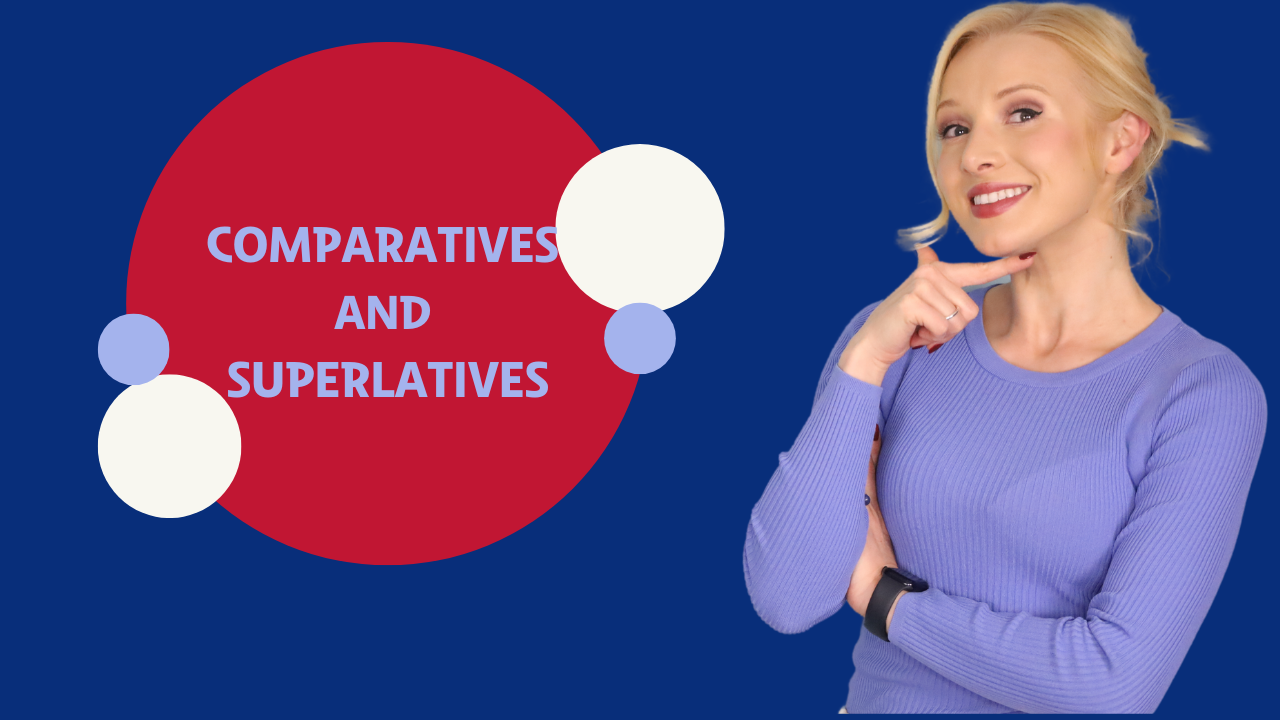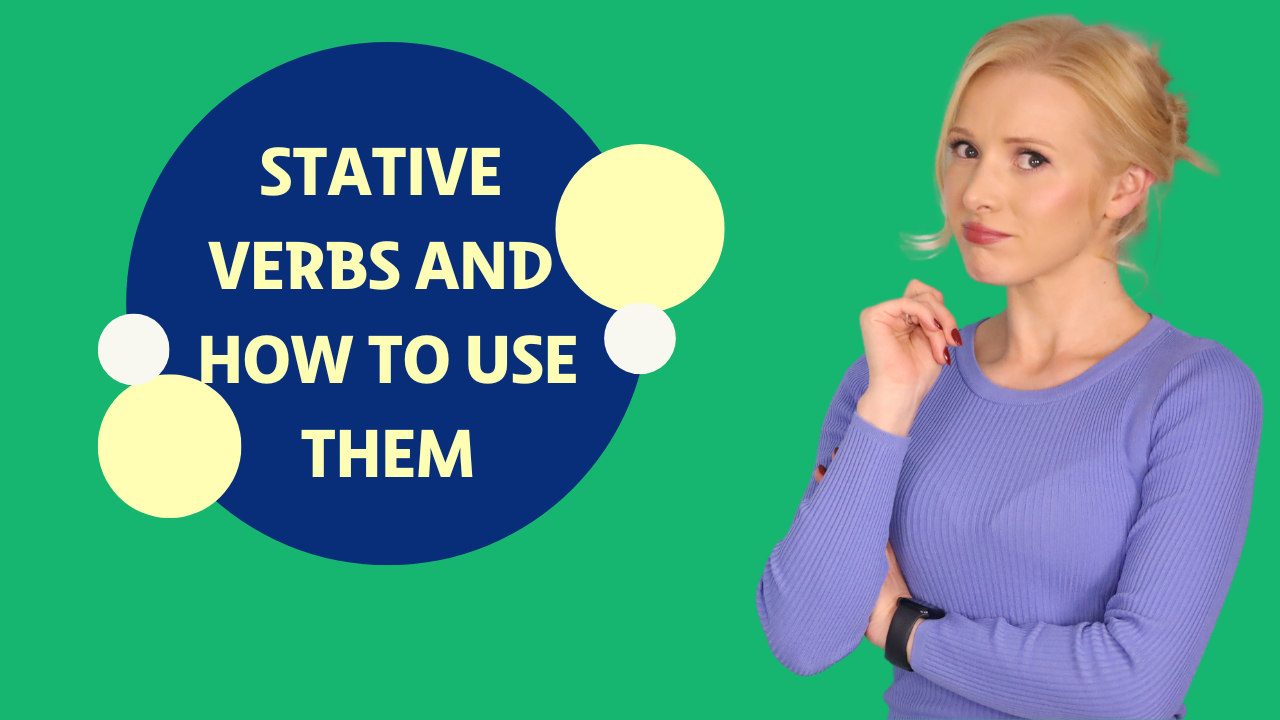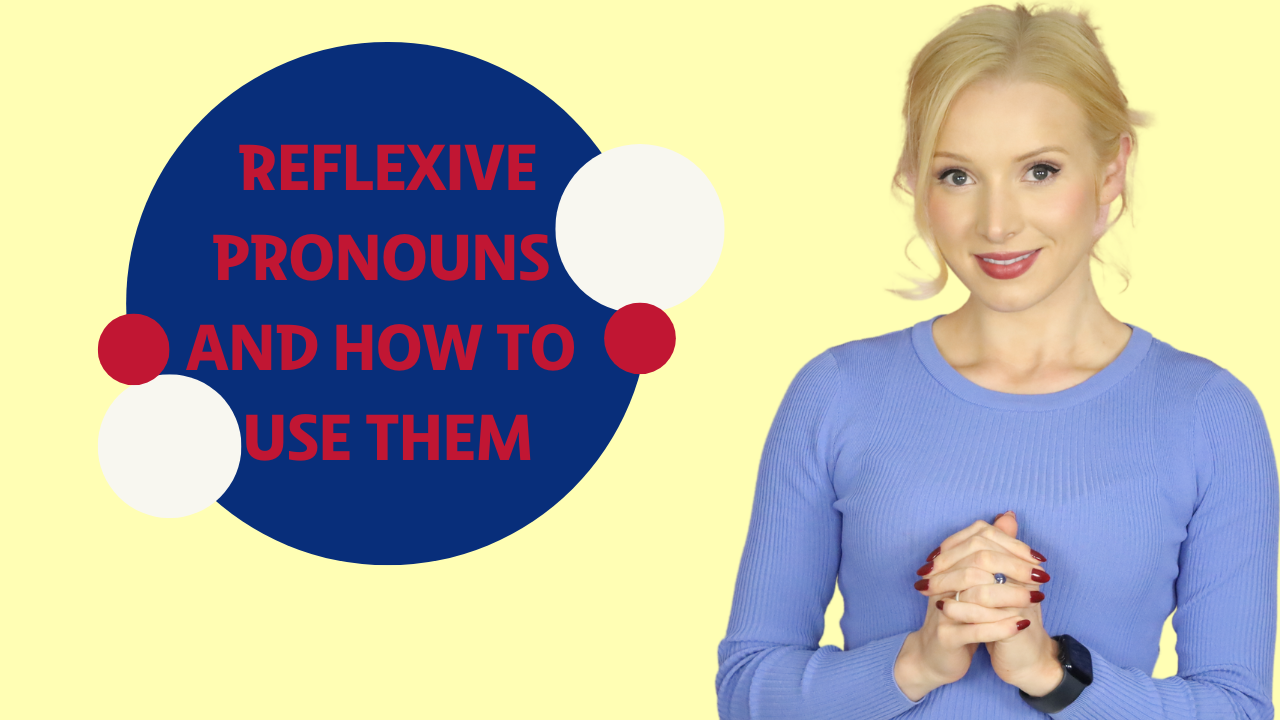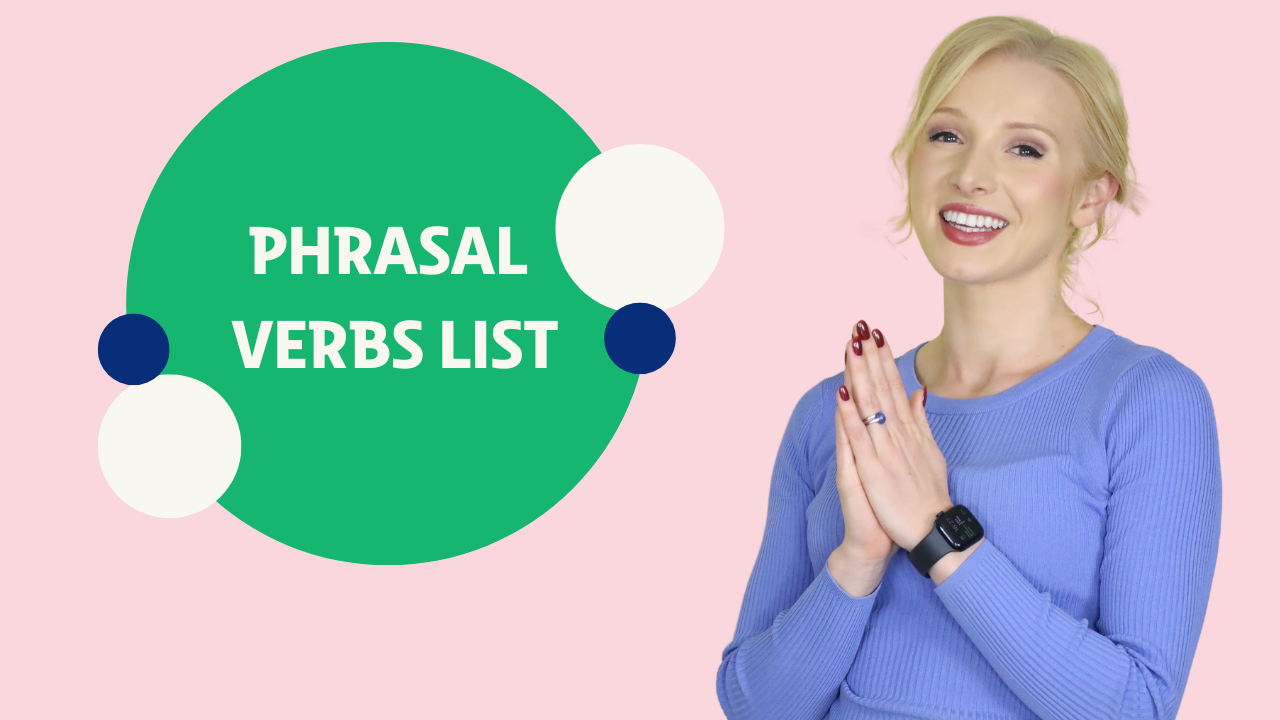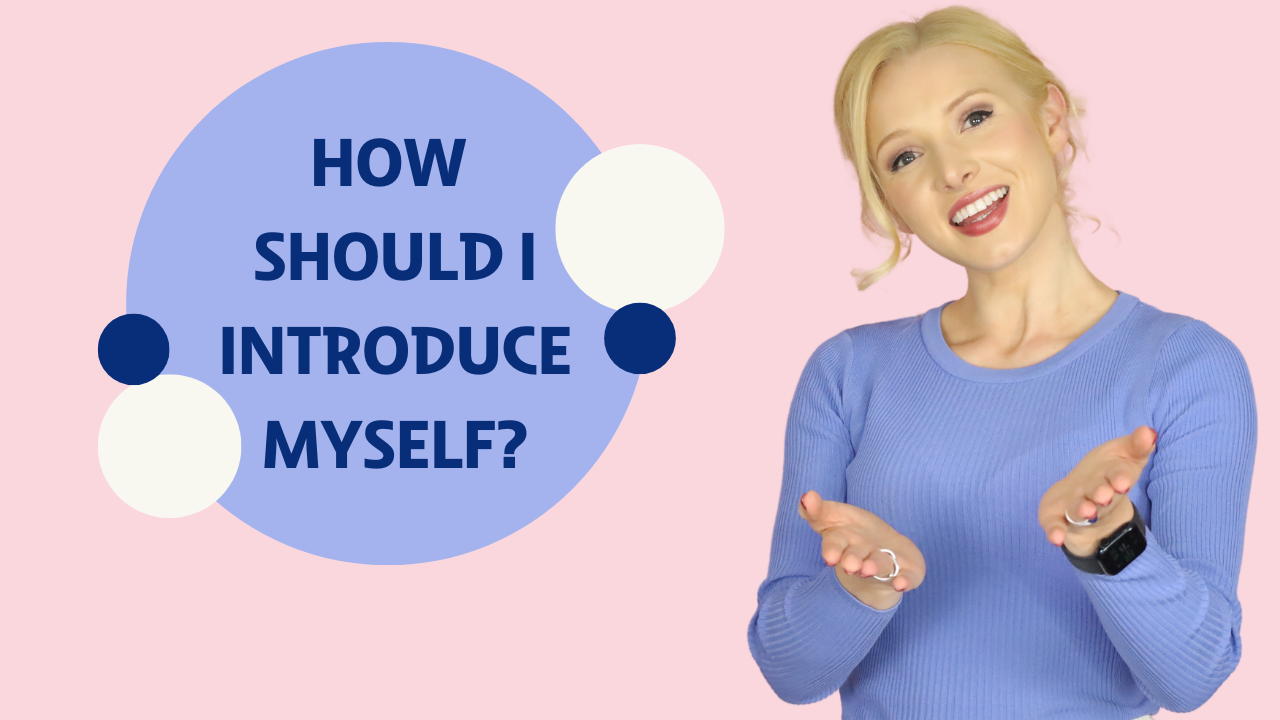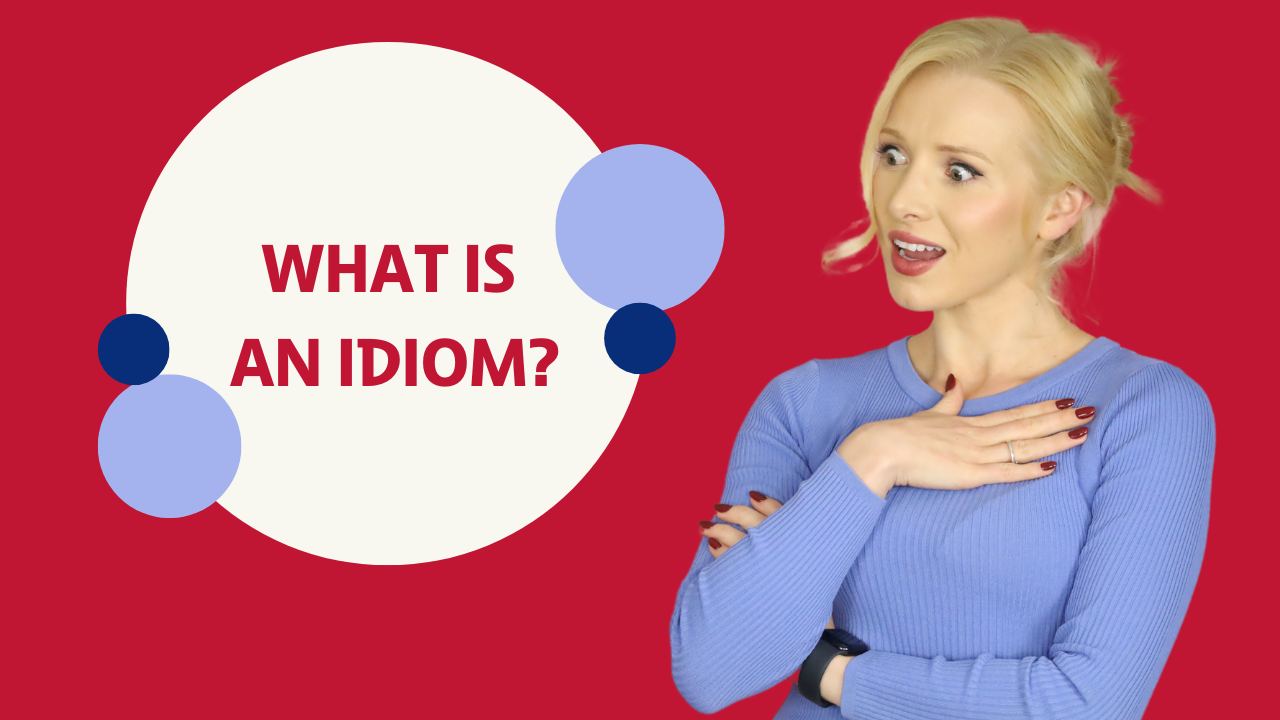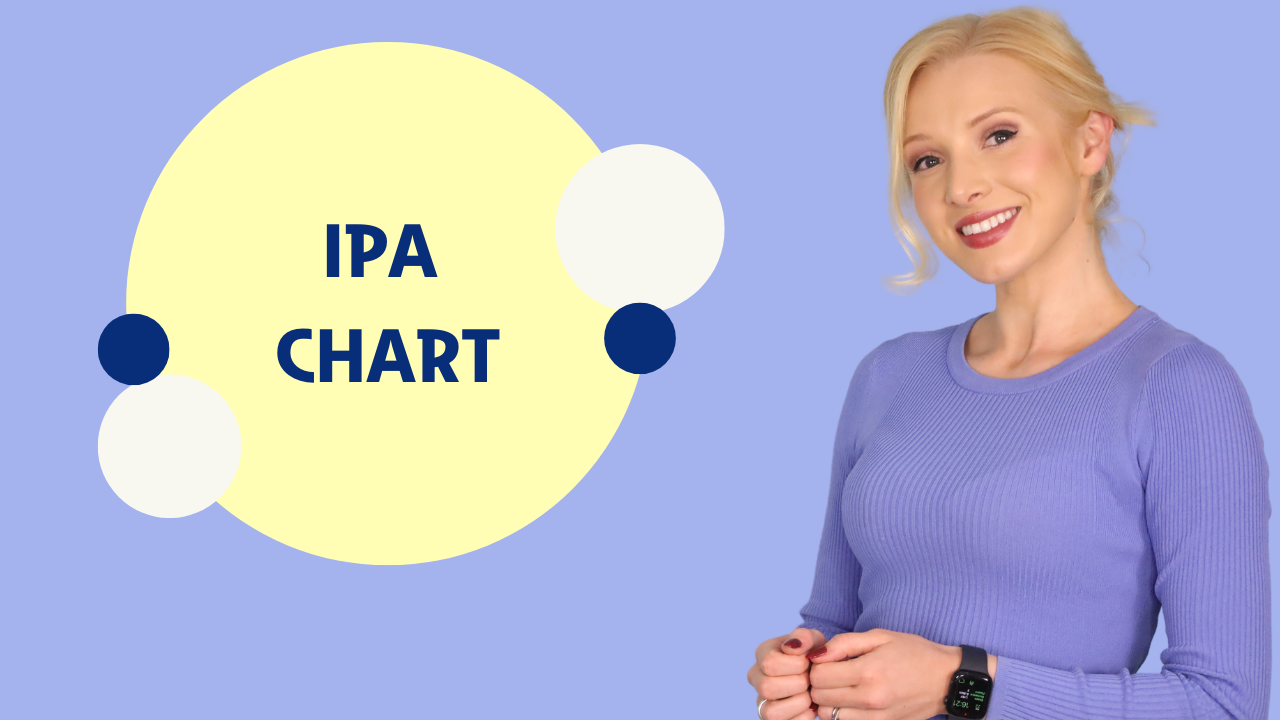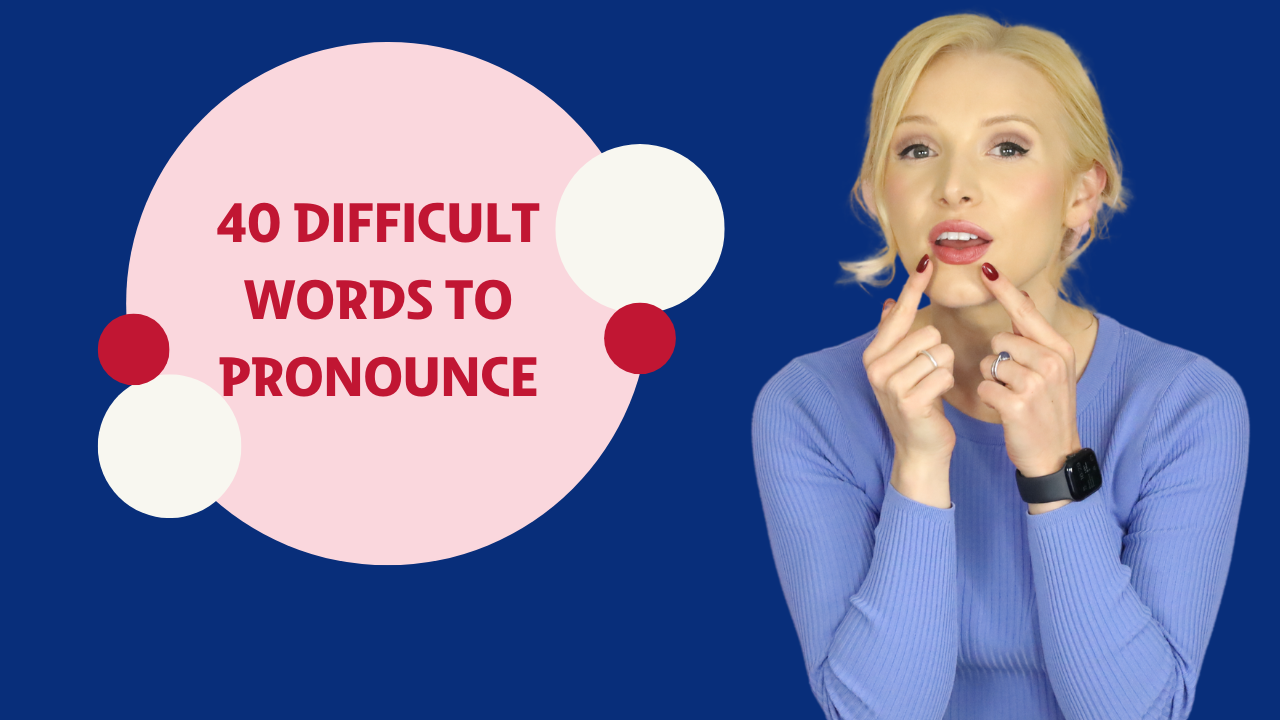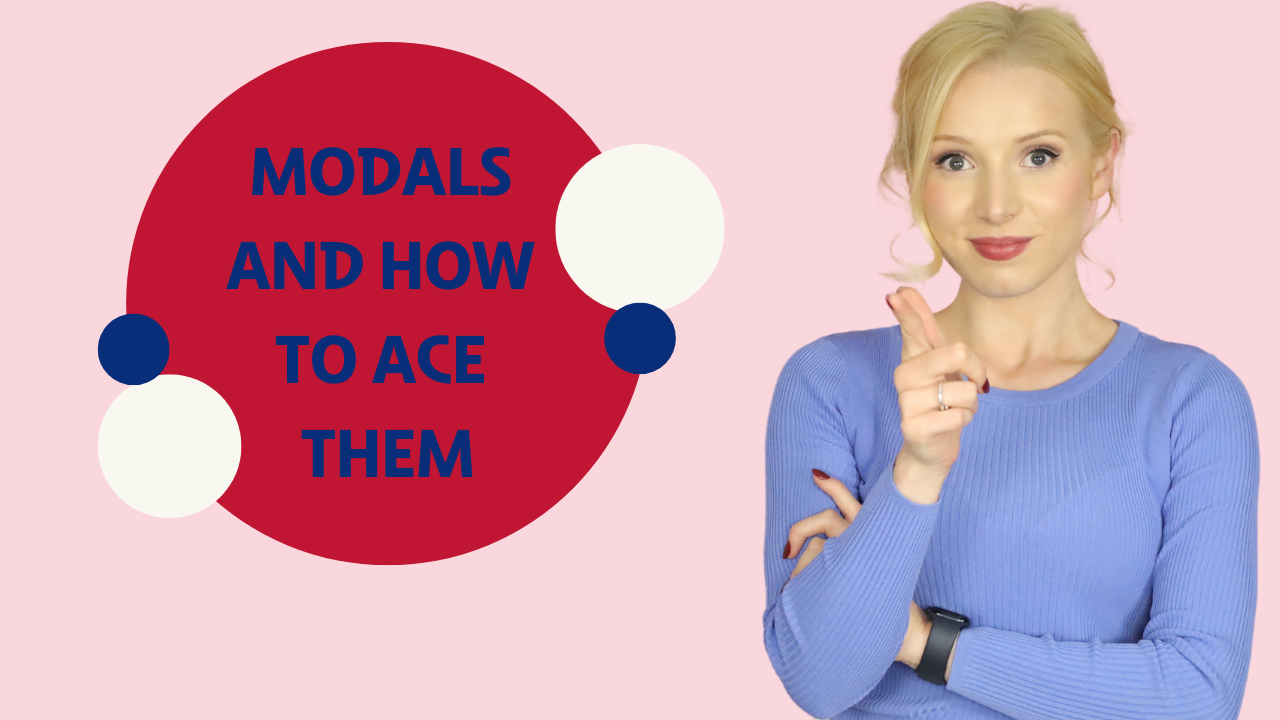
Modals and how to ace them
Hello lovely students! Modal verbs play an important part in English grammar and we use them when we speak English daily. Do you have any doubts about how to use them? Read the article below and you’ll be an expert in no time. What are modals? Modal verbs are a type of auxiliary verb that […]
Read More >
